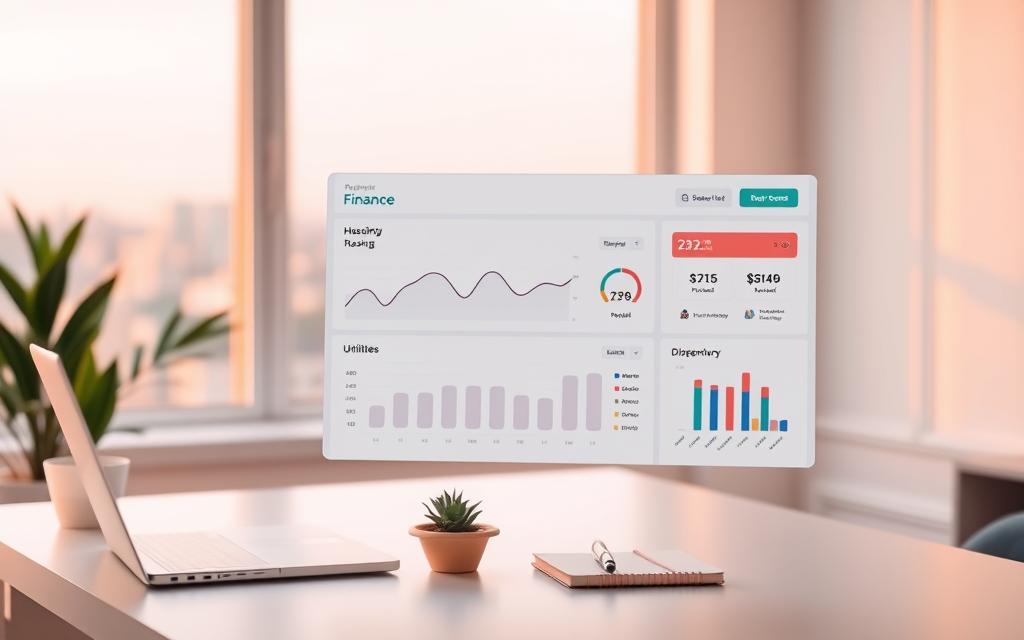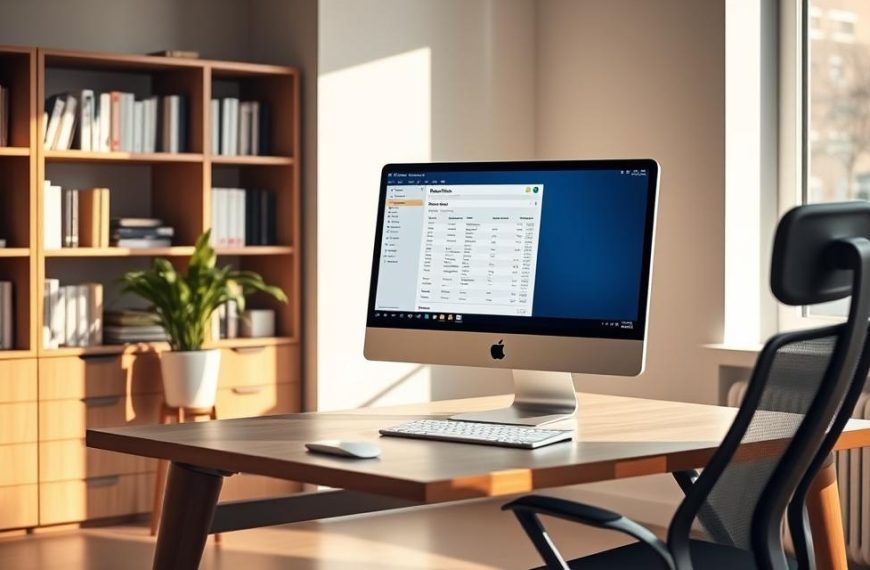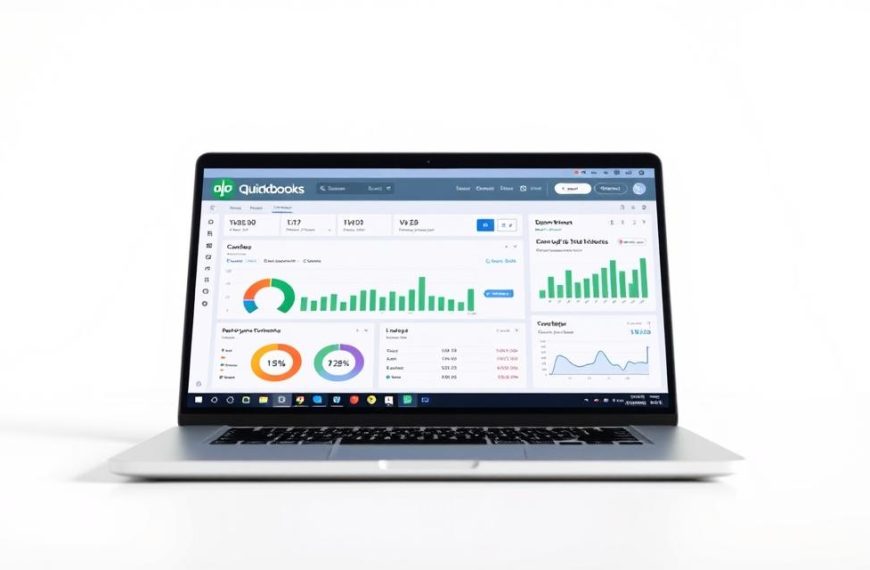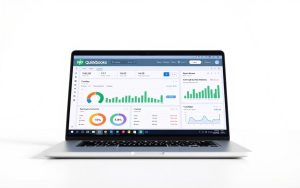Effective financial management is crucial in today’s economic climate, and budgeting plays a vital role in achieving financial stability. By creating a budget, individuals can track their income and expenses, making informed decisions about their money. This process enables them to allocate resources towards their financial goals, whether it’s saving for a major purchase or paying off debt.
A well-structured budget provides a clear picture of one’s financial situation, allowing individuals to exert control over their financial affairs. For more information on categorising your expenses, you can refer to our guide on personal budget categories. By understanding how to manage their money effectively, individuals can make progress towards their financial goals, ultimately achieving greater financial stability and control.
Understanding the Fundamentals of Budgeting
To achieve financial stability, understanding the basics of budgeting is essential for managing one’s resources effectively. Budgeting is not just about tracking expenses; it’s about creating a plan that aligns with your financial goals.
Definition and Purpose of a Budget
A budget is essentially “a plan for the coordination of resources and expenditures.” It involves estimating your income and expenses over a specific time period. The primary purpose of budgeting is to create visibility of your financial situation, enabling you to make informed spending decisions. By doing so, you can allocate your resources intentionally towards both short-term and long-term financial objectives.
As emphasized by financial experts, having a written budget is crucial for achieving financial discipline. “A budget is a powerful tool that helps you manage your money, rather than your money managing you.” This approach ensures that you remain accountable and in control of your financial decisions.
How Budgeting Differs from Savings
While budgeting and savings are closely related, they serve different purposes. Budgeting is the process of planning how to allocate your income towards various expenses and financial goals. On the other hand, savings refers to the amount of money left over after deducting your expenses from your income over a specific period.
Effective budgeting helps identify unnecessary expenditures that can be redirected towards savings goals or debt reduction. By prioritizing your spending, you can achieve a balance between enjoying your money and securing your financial future.
What Is Budgeting in Personal Finance?
When it comes to managing one’s finances, budgeting plays a pivotal role in achieving financial stability. Budgeting is not just about restricting oneself from spending; rather, it’s a comprehensive financial planning tool that helps individuals manage their money more effectively. Every person or household should have a personal budget to keep spending under control and achieve what’s important financially.

The Core Components of Personal Budgeting
An effective personal budget comprises several core components. Firstly, it involves income tracking, where one monitors all sources of income. Secondly, expense categorisation is crucial, as it helps in understanding where the money is being spent. This includes distinguishing between fixed expenses like rent and utilities, and variable expenses such as entertainment. Thirdly, goal setting is essential, as it gives direction to the budget, whether it’s saving for a house, paying off debt, or building an emergency fund. Lastly, regular review processes ensure that the budget remains aligned with changing financial circumstances.
| Component | Description | Importance |
|---|---|---|
| Income Tracking | Monitoring all sources of income | High |
| Expense Categorisation | Understanding where money is spent | High |
| Goal Setting | Giving direction to the budget | High |
| Regular Review | Ensuring budget alignment with financial changes | Medium |
Misconceptions About Budgeting
Many people view budgeting as a restrictive measure that limits their ability to spend money as they wish. However, this is a misconception. Budgeting is actually about making conscious financial decisions that align with one’s priorities. It’s not about depriving oneself of certain luxuries but about managing expenses and income in a way that supports long-term financial health. By understanding and managing one’s finances effectively, individuals can achieve financial stability and security.
The Importance of Creating a Personal Budget
A well-structured personal budget serves as a roadmap to financial freedom, enabling individuals to navigate their financial journey with clarity and purpose. By understanding where their money is going, individuals can make informed decisions about how to allocate their resources more effectively.
Financial Awareness and Control
Creating a personal budget provides unprecedented awareness of one’s financial situation, revealing spending patterns that might otherwise go unnoticed. This heightened awareness allows individuals to exert control over their money, rather than being controlled by financial circumstances or impulses. As Warren Buffett once said, “
Do what you would do if you were going to be there forever.
” This quote underscores the importance of long-term financial planning and control.
| Benefits of Budgeting | Description |
|---|---|
| Financial Awareness | Understanding where your money is going |
| Control Over Spending | Making informed decisions about resource allocation |
| Savings Accumulation | Building a safety net for unexpected expenses |
Achieving Short and Long-Term Financial Goals
A personal budget is instrumental in achieving both short-term and long-term financial goals. By systematically planning and allocating resources, individuals can make steady progress towards their objectives, whether it’s saving for a holiday, paying off debt, or building a retirement fund. Budgeting helps break the cycle of living paycheck to paycheck by creating intentional spending and saving habits, ultimately leading to financial peace of mind.
In conclusion, creating a personal budget is a critical step towards achieving financial stability and security. By gaining control over one’s finances and making informed decisions, individuals can work towards their financial goals with confidence.
Step-by-Step Guide to Creating Your Budget
The key to effective financial management lies in understanding how to create a personal budget from scratch. By following a systematic approach, you can develop a comprehensive financial plan that aligns with your goals.
Gathering Your Financial Records
To start creating your budget, gather all relevant financial documents, including bank statements, credit card bills, pay stubs, and records of recurring expenses from the past few months. Having these records in front of you will provide a clear picture of your financial situation.
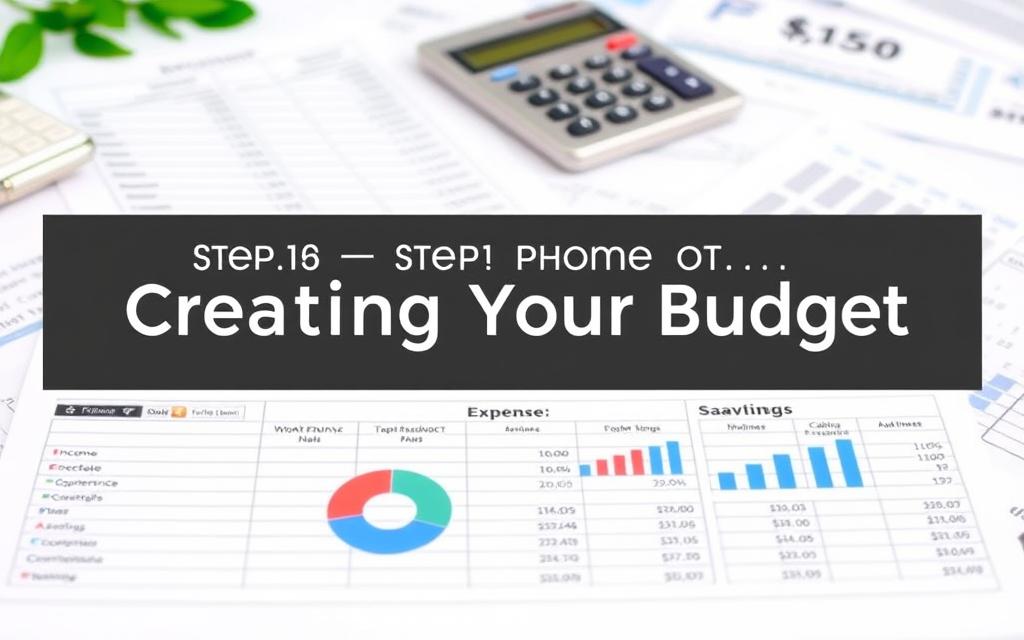
Categorising Your Income and Expenses
Once you have your financial records, categorise your income and expenses. Separate your spending into needs versus wants, and then into fixed versus variable expenses. This will help you understand where your money is going each month and identify areas for adjustment.
| Category | Fixed Expenses | Variable Expenses |
|---|---|---|
| Needs | Rent, Utilities | Groceries, Transport |
| Wants | Subscription Services | Dining Out, Entertainment |
Balancing Your Budget
After categorising your income and expenses, ensure that your total expenses do not exceed your income for the month. If there’s an imbalance, adjust your spending limits in each category accordingly. Regularly reviewing and adjusting your budget will help you stay on track and achieve your financial goals, managing your overall financial amount.
Effective Budgeting Strategies and Methods
To achieve financial control, it’s essential to adopt a budgeting approach that works for you, and there are several effective strategies to consider.
The 50/30/20 Rule Explained
The 50/30/20 rule is a popular budgeting technique that suggests allocating 50% of your income towards necessary expenses like rent and utilities, 30% towards discretionary spending, and 20% towards savings and debt repayment.
This method, developed by Senator Elizabeth Warren, helps individuals manage their money more effectively by prioritizing needs over wants.
Zero-Based Budgeting
Zero-based budgeting involves assigning every pound of your income to a specific category, ensuring that your money is being used intentionally.
This approach helps in keeping track of your expenses and ensures that you are making progress towards your financial goals.
Pay Yourself First Approach
The “Pay Yourself First” strategy involves prioritizing your savings goals by setting aside a portion of your income before spending on anything else.
This method has proven to be effective in building a robust emergency fund and achieving long-term financial stability.
By adopting one of these budgeting strategies, you can better manage your money and make progress towards your financial objectives.
Managing Different Types of Expenses
Understanding the different types of expenses is key to financial stability. Managing expenses effectively is crucial for maintaining a balanced budget and achieving long-term financial goals.
Fixed vs Variable Expenses
Expenses can be broadly categorised into fixed and variable expenses. Fixed expenses, such as rent, insurance, and subscription services, remain consistent from month to month, making them easier to plan for. On the other hand, variable expenses like groceries, entertainment, and transportation costs fluctuate monthly, requiring more flexible budgeting. A clear understanding of these categories helps in allocating resources efficiently.
| Expense Type | Examples | Budgeting Approach |
|---|---|---|
| Fixed Expenses | Rent, Insurance, Subscription Services | Allocate fixed amount monthly |
| Variable Expenses | Groceries, Entertainment, Transportation | Set a budget range, monitor and adjust |
Needs vs Wants: Making Smart Decisions
Distinguishing between needs and wants is vital for making smart financial decisions. Essential expenses like bills and basic necessities are considered needs, whereas discretionary spending on luxury items or entertainment falls under wants. Prioritising needs over wants ensures that essential expenses are covered while saving for emergencies and long-term goals.
Planning for Irregular and Emergency Expenses
Irregular expenses, such as annual insurance premiums or seasonal costs, and emergency expenses, like unexpected medical bills or car repairs, can significantly impact your budget. Planning for these expenses by setting aside a portion of your income each month can help mitigate their financial impact. Building an emergency fund is crucial for handling unexpected situations without derailing your financial progress.
By understanding and managing different types of expenses, individuals can create a more robust and flexible budget that accommodates various financial needs and goals.
Conclusion: Maintaining Financial Control Through Consistent Budgeting
Budgeting is not just about managing money; it’s about securing your financial future. By creating and sticking to a budget, you gain control over your financial situation, enabling you to make informed decisions about your savings and investments.
Consistent budgeting practices lead to significant improvements in financial outcomes over time. This disciplined approach transforms your relationship with money from reactive to proactive, putting you in charge of your financial destiny. As you continue to budget, you’ll experience positive ripple effects across all areas of personal finance, from debt reduction to wealth building.
Start your budgeting journey today, even with simple steps, and reap the long-term benefits of financial security, reduced stress, and the ability to achieve meaningful life goals.
FAQ
How do I start creating a personal budget?
Begin by gathering your financial records, including income statements, bills, and receipts. Categorise your income and expenses to understand where your money is going.
What is the 50/30/20 rule?
The 50/30/20 rule is a budgeting strategy that allocates 50% of your income towards necessary expenses, 30% towards discretionary spending, and 20% towards saving and debt repayment.
How can I manage irregular expenses?
Set aside a portion of your income each month in a separate fund to cover irregular expenses, such as car maintenance or property taxes.
What is zero-based budgeting?
Zero-based budgeting is a method where every pound of your income is assigned a job, whether it’s for saving, debt repayment, or expenses, ensuring that your income minus expenses equals zero.
How can I prioritise my financial goals?
Identify your short-term and long-term goals, and allocate your resources accordingly. Consider using the SMART criteria to make your goals specific, measurable, achievable, relevant, and time-bound.
What is an emergency fund, and how much should I save?
An emergency fund is a pool of money set aside to cover unexpected expenses, such as medical bills or car repairs. Aim to save three to six months’ worth of living expenses.
How can I reduce my debt?
Create a debt repayment plan by prioritising high-interest debts, consolidating loans, and making regular payments. Consider using the snowball method or avalanche method to pay off debts.
What are the benefits of using a budgeting app?
Budgeting apps can help you track your expenses, create a budget, and set financial goals. They can also provide automated savings and investment options.

